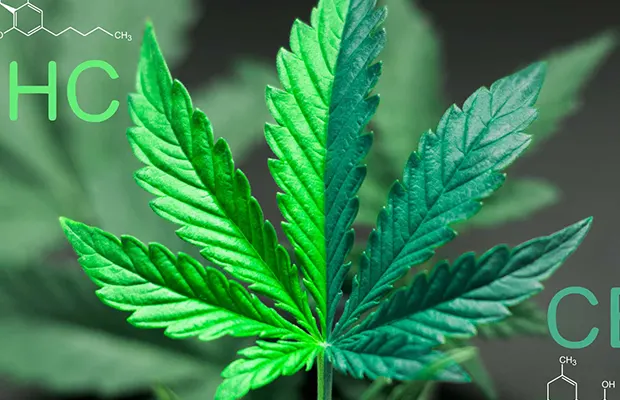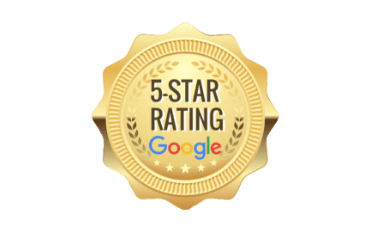
THC and CBD: What’s the difference?
What is THC and CBD
Cannabinoids are a class of chemicals uniquely found in the marijuana plant. These are what create the physical and psychological effects of recreational marijuana, and can be refined for specific effects to use as your medicine. Below, you’ll find a brief overview of the major cannabinoids, key takeaways for the prescription cannabis patient, and links to helpful resources. You can also click here to read about the strains of cannabis that have higher amounts of specific cannabinoids.
Tetrahydrocannabinol, or THC, is the major psychoactive part of the plant. Its stimulation effects create the “high” when the plant is smoked outside of the medical setting, and it is why medications high in THC are favored for use during the day.
As the amount of THC taken in goes up, the effect changes from a creativity-inducing wakefulness, to euphoria and finally to hallucinations. When refined into medicine, THC promotes focus, fights fatigue, and reduces muscle spasticity. It is also known as an orexigenic, which means that it powerfully suppresses nausea and vomiting; this is not surprising if you also know that this chemical is what creates the “munchies” in recreational marijuana users.
Cannabidiol, or CBD, does not have psychoactive effects, and is associated with recreational marijuana users for the calm, “stoned” sensation of some strains of cannabis. This is why medications rich in CBD are favored for longer-term and nighttime use. Repeated studies support its anti-convulsant, anti-inflammatory, and pain-relieving effects. Plants rich in CBD are refined into the medications that treat seizures, suppress inflammatory bowel disease, and lessen the intensity of some migraines.
Like so many things, how these two chemicals work in the body is not as simple as it we just described above. First, “THC” actually refers to a handful of very similar molecules; some are more psychoactive, and others are more medicinal. Second, here are roughly one hundred other cannabinoids in addition to THC and CBD, with several that have shown medical value.
Lastly, THC and CBD oppose each other’s effects, but they are also complementary, and enhance each other’s effects in some parts of the body. When you add the fact that the effect of THC and CBD varies from person to person, it becomes clear why you need a medical marijuana doctor to help you find the right medicine.
Working with your physician is the best way to figure out which prescription cannabis product is appropriate for you. If you would like to read more on the subject, another great summary of THC versus CBD can be found here, and here is some light reading on how your body handles cannabinoids. You can also easily find articles on the role of cannabinoids in treating Parkinson’s, in cancer therapies, and in controlling pain.








